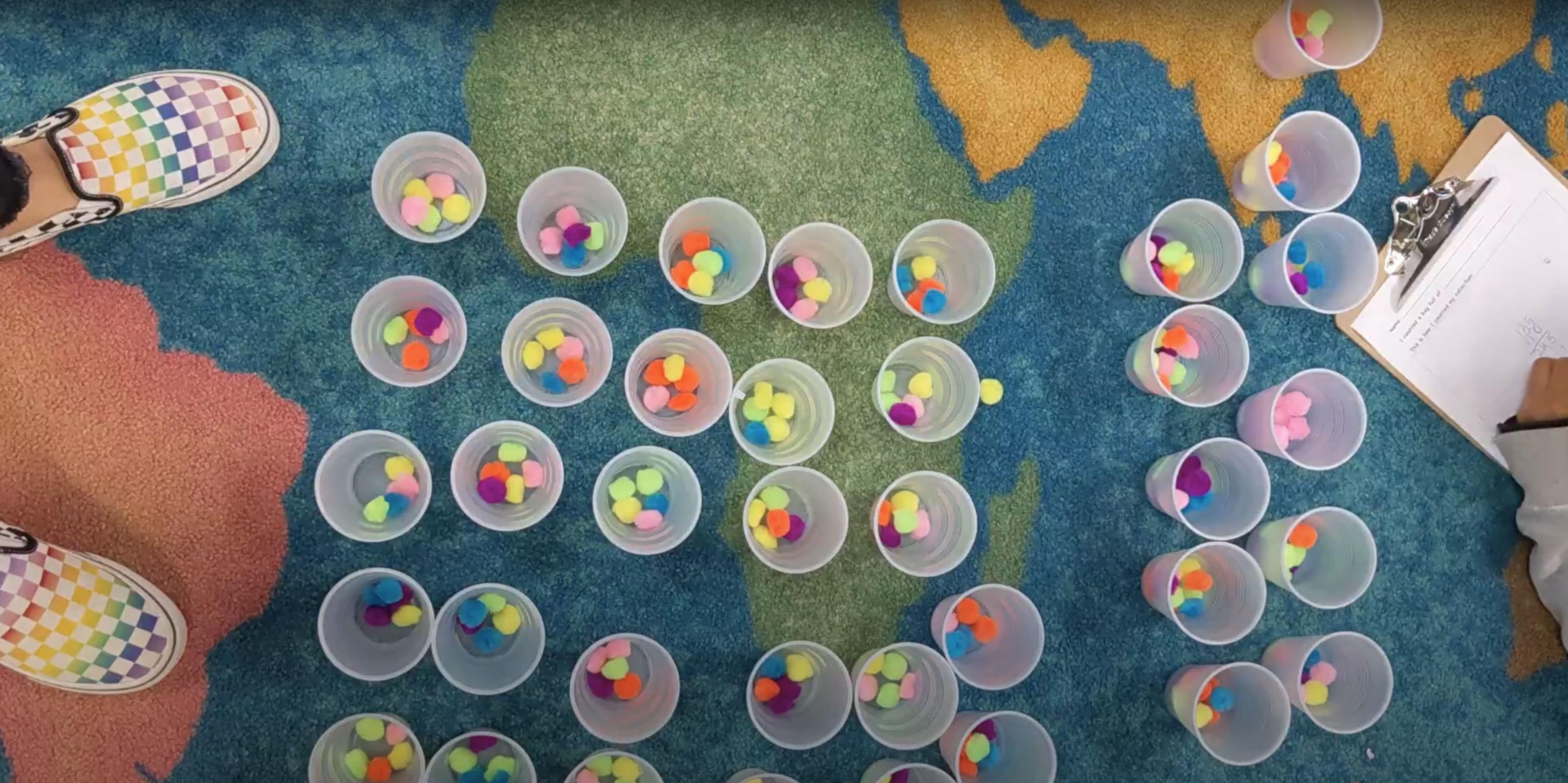For over two years, I have had a word document on my computer entitled, “Myths in Teaching Mathematics for SwD.” I kept adding bits of writing, particularly when I encountered another myth. Imagine my excitement when Jo Boaler sent out a call for a special issue of Education Sciences on Myths in Mathematics Education. I am so proud to have a paper in this issue, which is amazing and available for free online. (I particularly recommend this amazing piece on dyscalculia by my colleagues Katherine Lewis and Dylan Lane)
My paper: http://www.mdpi.com/2227-7102/8/2/72
I decided to focus the paper on students with Learning Disabilities (or specific learning disabilities in reading, writing or math, otherwise known as dyslexia, dysgraphia or dyscalculia). While I wanted to write about a wider range of disabilities, the best research evidence was on this group of learners. I also picked two myths to focus on:
- Students with LD ONLY benefit from explicit or direct instruction.
- Students with LD cannot create their own strategies in math, and cannot handle multiple strategies.
The first is a major myth that I hear all the time, and the second is a kind of a sub-myth. The assumption that students with LD cannot construct strategies is so pernicious that I decided to include it as a separate myth.
I structured the paper around two things: first a quote written about students with disabilities. This was published in a prominent special education journal in 1998:
“The premise that secondary students with LD will construct their own knowledge about important mathematical concepts, skills, and relationships, or that in the absence of specific instruction or prompting they will learn how or when to apply what they have learned, is indefensible, illogical, and unsupported by empirical investigations.”.(Jones, Wilson, & Bhojwani, 1998, p. 161)
This quote still shocks me. Having known, taught, been a friend to and a family member or so many people with various permutations of LD, the idea that such learners cannot “construct knowledge” is exceptionally bigoted and wrong. This particular article described constructivism as “ideology” rather than a valid approach to teaching math. In the paper, I try to describe why these myths are themselves “indefensible, illogical and unsupported.” I do not ignore the strong empirical evidence from special education mathematics that students with LD can benefit from explicit instruction, but I present evidence that suggests inquiry instruction as also effective. We also need to consider why we teach mathematics- it is not just to make students into effective computers, but to help them develop life-long identities as mathematical thinkers and explorers. The myth emerges from the assumption that there exists sufficient evidence that inquiry mathematics is NOT effective for students with LD, or that explicit instruction is the only method that is evidence-based. As the National Mathematics Advisory Panel states, “it is important to note that there is no evidence supporting explicit instruction as the only mode of instruction for students [with LD]” (2008, p. 1229).
As I was writing this piece, I checked Twitter and found this tweet:

Thank you Abby. This tweet inspired me to keep writing, and keep poring through research. If you are more interested in understanding the research divide between math ed and special ed, I would check out another article I wrote with Paulo Tan in Education Sciences (http://www.mdpi.com/2227-7102/7/2/51).
Questions:
- What myths still need to be unpacked?
- What kind of research would you like to see around students with disabilities and mathematics? What specific questions have emerged from your work?

Leave a comment